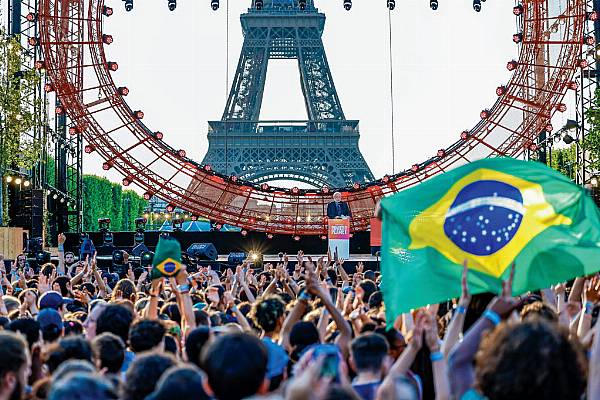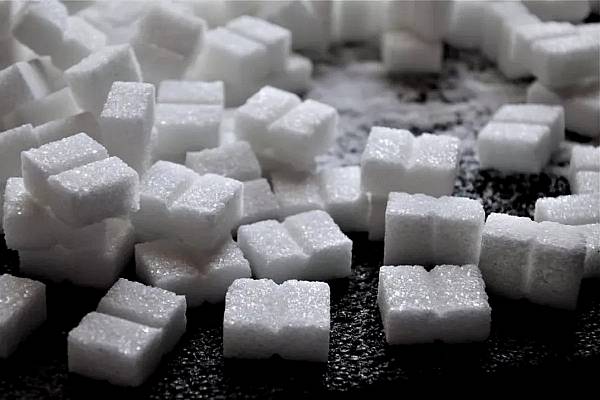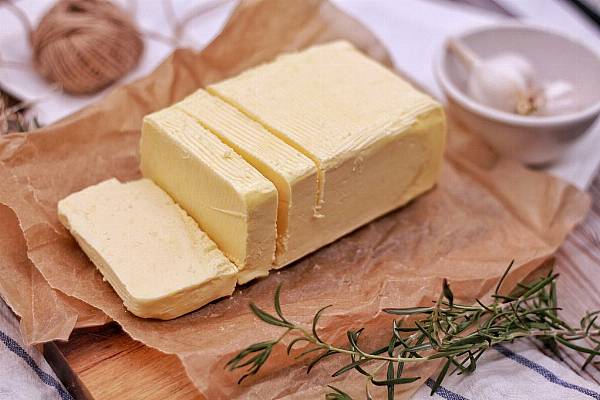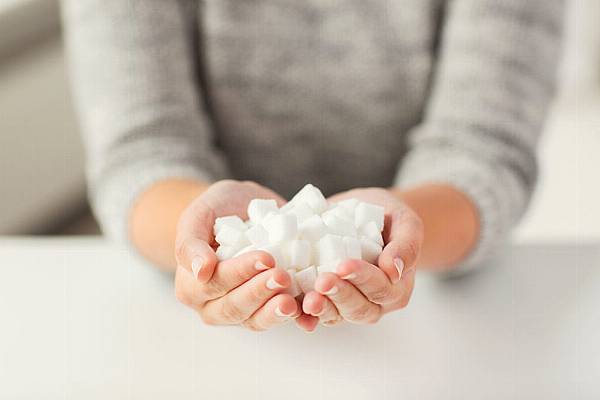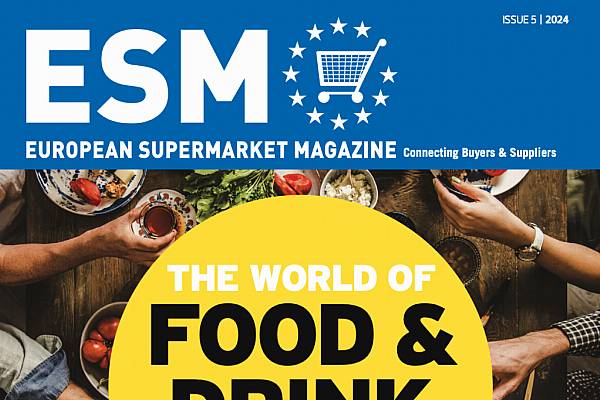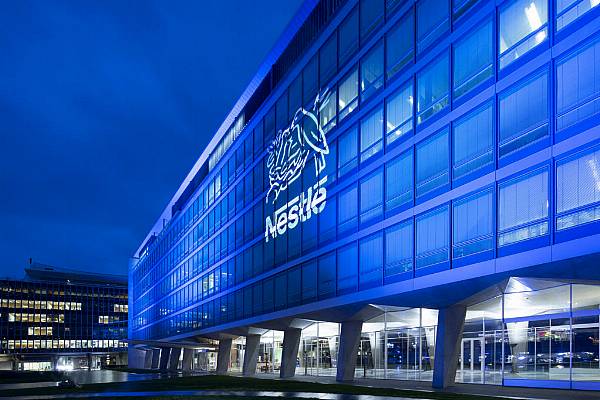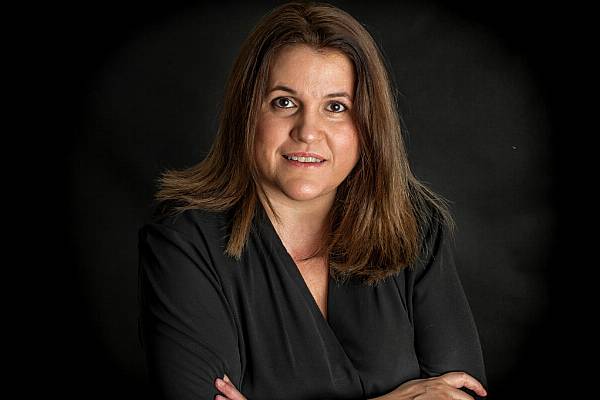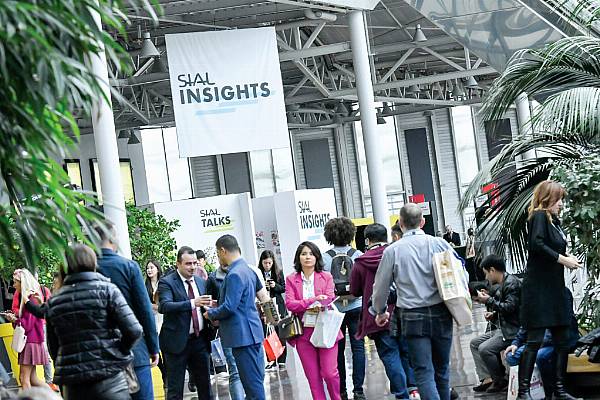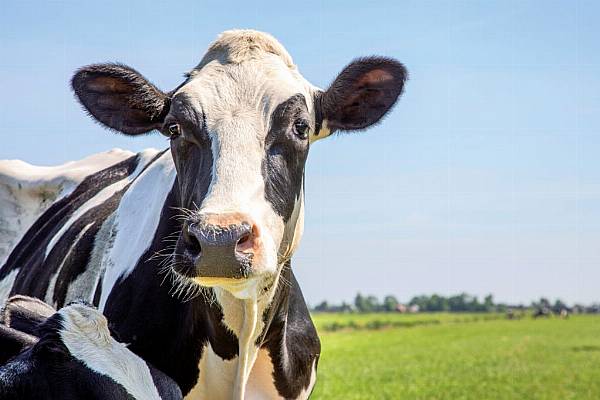The EU-Mercosur trade deal was agreed – in principle, at least – in 2019, but it has yet to be ratified. So what’s the hold-up? Stephen Wynne-Jones reports. This article first appeared in ESM’s July/August 2023 edition.
In June 2019, the European Union and the states comprising the Mercosur nations – Argentina, Brazil, Paraguay and Uruguay – reached a political agreement on a deal that seeks to increase bilateral trade and investment between the two blocs, reduce or remove tariffs, improve the conditions for investment on both sides, and promote joint values, such as sustainable development and environmental protection.
Commenting at the time, the then president of the European Commission, Jean-Claude Juncker, described it as the “largest trade agreement the EU has ever concluded. Thanks to the hard and patient work of our negotiators, this is matched with positive outcomes for the environment and consumers – and that’s what makes this agreement a win-win deal.”
Yet, more than four years on, the deal is still in limbo, with concerns from some governments about the environmental protection measures contained therein, particularly with regard to the Amazon rainforest – not helped by the policies of former Brazilian president Jair Bolsonaro, under whose presidency deforestation surged.
‘Side Letter’
This led to the EU proposing a ‘side letter’ to the agreement, which requested that both parties reinforce their commitment to the measures contained in the 2015 Paris Climate Agreement, which called for a halving of deforestation by 2025 and the reversal of forest degradation by the end of the decade. Rather than a ‘clarification’, as many of these side letters tend to be, many in the Mercosur bloc are concerned that the new demands equate to a rewriting of the previously agreed deal.
“They are trying to turn the voluntary Paris agreements into binding commitments, which is well beyond the scope of a side letter,” a Brazilian official was quoted by the Financial Times as saying. “A side letter is meant to clarify things that have been already agreed upon. It is not meant to make new commitments.”
While Luiz Inácio Lula da Silva, who succeeded Bolsonaro as Brazil’s president earlier this year, has declared himself a champion of the environment, he too believes that the EU has overreached with its new demands, suggesting that European lawmakers are seeking to legislate “outside their territory” with measures that could lead to mistrust, or even sanctions.
Add into the mix long-standing concerns from a number of European agriculture ministers, who have suggested that the deal will mean that EU markets are flooded by imports produced according to lower climate and environmental standards.
As Austrian agriculture minister Norbert Totschnig put it in a note, ‘Unbalanced trade agreements might lead to unpredictable and severe negative impacts on the European agricultural production by creating an unbalanced level playing field.’
Elsewhere, COPA president Christiane Lambert and her COGECA peer Ramón Armengol criticised the deal in an op-ed, describing it as an ‘outdated agreement that lands far from Farm to Fork ambitions’.
‘Absolutely Vital’
Many European business leaders, however, are keen to get the deal ratified as soon as possible. In July, some 19 business associations, including EuroCommerce, which represents the retail and wholesale trade, penned a joint letter to European Commission President Ursula von der Leyen, European Council President Charles Michel and European Parliament President Roberta Metsola, urging that the EU takes ‘all the necessary initiatives’ to get the deal done.
Citing the multiple challenges at play in Europe at present, the groups noted that the agreement was essential in ensuring a functioning supply chain.
‘The war in Ukraine and its subsequent strain on our supply chains has demonstrated the importance of diversifying our portfolio of export markets and of suppliers of critical industrial inputs,’ they wrote.
‘The EU-Mercosur agreement will help ensure that our supply chains remain operational in an increasingly volatile and ambiguous world marked by several crises, which span from strategic dependencies on the supply of critical raw materials, to concerns for feedstock, as well as to demographic challenges. In this context, finalising the adoption of the EU-Mercosur agreement is absolutely vital.’
Speaking alongside Lula da Silva in June, von der Leyen made it clear that “now is the time” to conclude the EU-Mercosur agreement, adding, “We have the ambition, the two of us, to get it done as soon as possible – at the latest, by the end of the year,” but, as anyone who has studied European politics knows, Brussels is notorious for taking its time, and, given the size of the deal at stake – coupled with recent dissension from its would-be partner – a swift ratification may be wishful thinking.
Picture shows Brazilian president Luiz Inácio Lula da Silva, pictured speaking at the ‘Power Our Planet’ event in Paris in June, has criticised additional demands from the European Union relating to the proposed EU-Mercosur trade deal. Photo: Ricardo Stuckert/Flickr: Creative Commons (CC BY 2.0).
